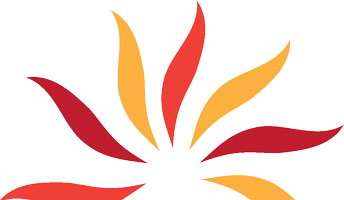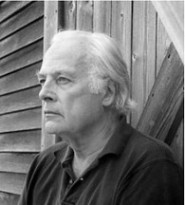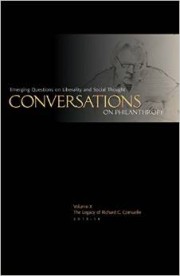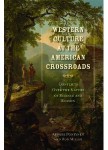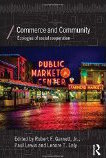Beyond alertness to awareness
Lovely commencement address (Kenyon, 2005) by novelist David Foster Wallace (1962-2008) resonates with Cornuellean themes.
Here’s Wallace:
And the so-called real world will not discourage you from operating on your default settings, because the so-called real world of men and money and power hums merrily along in a pool of fear and anger and frustration and craving and worship of self. Our own present culture has harnessed these forces in ways that have yielded extraordinary wealth and comfort and personal freedom. The freedom all to be lords of our tiny skull-sized kingdoms, alone at the centre of all creation. This kind of freedom has much to recommend it. But of course there are all different kinds of freedom, and the kind that is most precious you will not hear much talk about much in the great outside world of wanting and achieving…. The really important kind of freedom involves attention and awareness and discipline, and being able truly to care about other people and to sacrifice for them over and over in myriad petty, unsexy ways every day.
And here’s Cornuelle, from Healing America (1983):
In the end, a good society is not so much the result of grand designs and bold decisions, but of millions upon millions of small caring acts, repeated day after day, until direct mutual action becomes second nature and to see a problem is to begin to wonder how best to act on it.
Awareness of the sort commended here would seem to expand and enrich Kirznerian “alertness” beyond merely perceiving information and opportunities in the market. This would seem to be an awareness in which we encounter the persons behind the economic actors of the marketplace, and thus a grace of attention and perception that enables community to co-exist with commerce.
